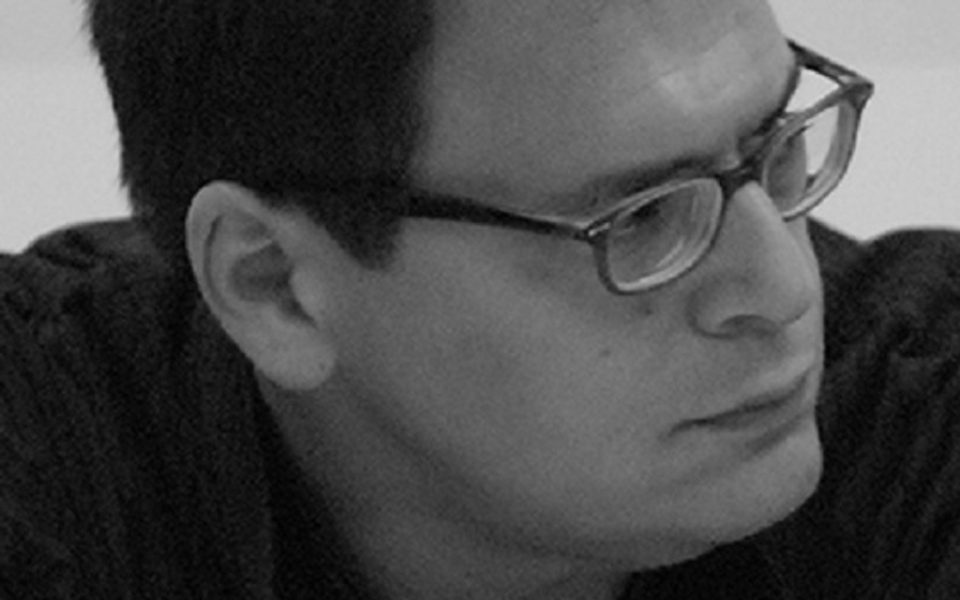When Jeff Hadler passed away a few years ago, I was a bit dazed to know it.
A friend of mine texted me that the noted Indonesianist Jeffrey Hadler had passed away.
“He went peacefully. We will have a funeral for him this Friday 13th January, at 1pm at Temple Beth Hillel…”
his wife, Kumi Hadler, texted. Hadler is an associate professor of the Department of South and Southeast Asian Studies, University of California, Berkeley.
Many have been shocked by the news notwithstanding his ailing health.
For researchers on Minangkabau, Hadler is one of the key figures following his serious examination of ethnicity concerning culture and history. His book, Muslims and Matriarchs: Cultural Resilience in Indonesia through Jihad and Colonialism (Cornell University Press 2008), is an ethnographic history of a Sumatran community in the 19th and early 20th centuries that examines the resilience of matrifocal custom and matrilineal inheritance in the face of attacks from neo-Wahhabi jihad, Dutch colonialism, and “modernity”.
It won the 2011 Benda Prize from the Association for Asian Studies. An expanded Indonesian translation, Sengketa Tiada Putus, was published by the Freedom Institute in 2010.
Though teaching about the history and culture of Southeast Asia with a focus on Indonesia at UC, Berkeley, Hadler pursued his master and doctorate degrees at Cornell University on history. He is one of the long clans of scholars showing high interest in and great attention to Indonesia produced by Cornell University.
It has been known to build its reputation as the intellectual source of high calibre Indonesianists across the globe. George McTurnan Kahin, Benedict Anderson, Daniel S. Lev, Herbert Feith, Taufik Abdullah, Ismet Fanany, to mention just a few, are Cornell scholars or graduates with intensive research on Indonesia.
Hadler’s attachment or address to Indonesia, though, should be seen as an endless intellectual tradition of Cornell exploring and commenting on various issues of Indonesia to date. He was committed to retaining and living up to Cornell’s reputation.
Heedless of his evident and serious involvement with Cornell prior to his post at UC, Hadler’s love for Indonesia is very personal. He came to Indonesia for the first time in 1985 thanks to the AFS program. His love for the country grew stronger and never faded ever since. His masterpiece, Muslim and Matriarchs, has become a valuable legacy of research opening the world to the struggle of religious revitalisation in Minangkabau, which is the Padris. To a certain degree, it is no exaggeration to say that he truly falls in love with Minangkabau.
Hadler’s passion for Minangkabau, in particular, led him to assist countless Minangnese scholars doing their master and doctorate degrees in reaching out to necessary resources. He, for instance, loved to share important archives with anyone conducting research on Minangkabau.
Enthusiastic about Minangkabau, Hadler actively hunted for Minang-related books across the archipelago. He once requested Gre Publishing owner based in Yogyakarta, Anggun Gunawan, just to get two books on Minang, Tiga Sepilin and Biografi Syaikh Ahmad Khatib Al Minangkabawi, through his Facebook account. He was thrilled to receive the books one month later in his dwelling place. Even he sent one of his PhD students to come to Yogyakarta only to buy a book titled Etnik Minangkabau written by Saafroedin Bahar.
On many occasions, Hadler often asserted that Minangkabau intellectuals were the engines of Indonesian history, and they so often found themselves on the losing side of that history. He admitted that Minangkabau intellectuals were well-informed and not intellectually shallow prior to and during the country’s formative period. Hadler is a sort of person looking into Minangkabau with his “heart”.
Some may take issue with his notion, particularly regarding Minang culture and history. Certain Minang intellectuals are of the notion that Hadler’s magnum opus, Sengketa Tiada Putus, has not disclosed a clear-cut dispute between Islam and matriarchal custom. The book is considered putting tremendous stress on Minang history under the Dutch colonial era only.
Owing to the book, readers would find that a lot of traditional leaders have become Dutch accomplices. He wrote a contributing article on the tension, “A Historiography of Violence and the Secular State in Indonesia: Tuanku Imam Bondjol and the Uses of History” (Journal of Asian Studies, 67.3, August 2008).
The controversy, however, cannot conceal the fact that Hadler is a great scholar managing to examine the grand narrative of Minang culture, history and people. The academic world is a matter of data and fact collection, leaving much room for agreeing to disagree. His unquestionable academic capacity kept him humble. His friends frequently found him wearing baggy batik shirts and open-toe sandals.
Tigers die leaving their stripes of their fur, but humans die leaving their names – reputation. Hadler has left a treasurable asset of intellectual, setting the scene for further analysis of the definition of Minangkabau culture in modern Indonesia. We will remember you for all that you gave us and for your love of Indonesia. Rest in peace, Jeff.




